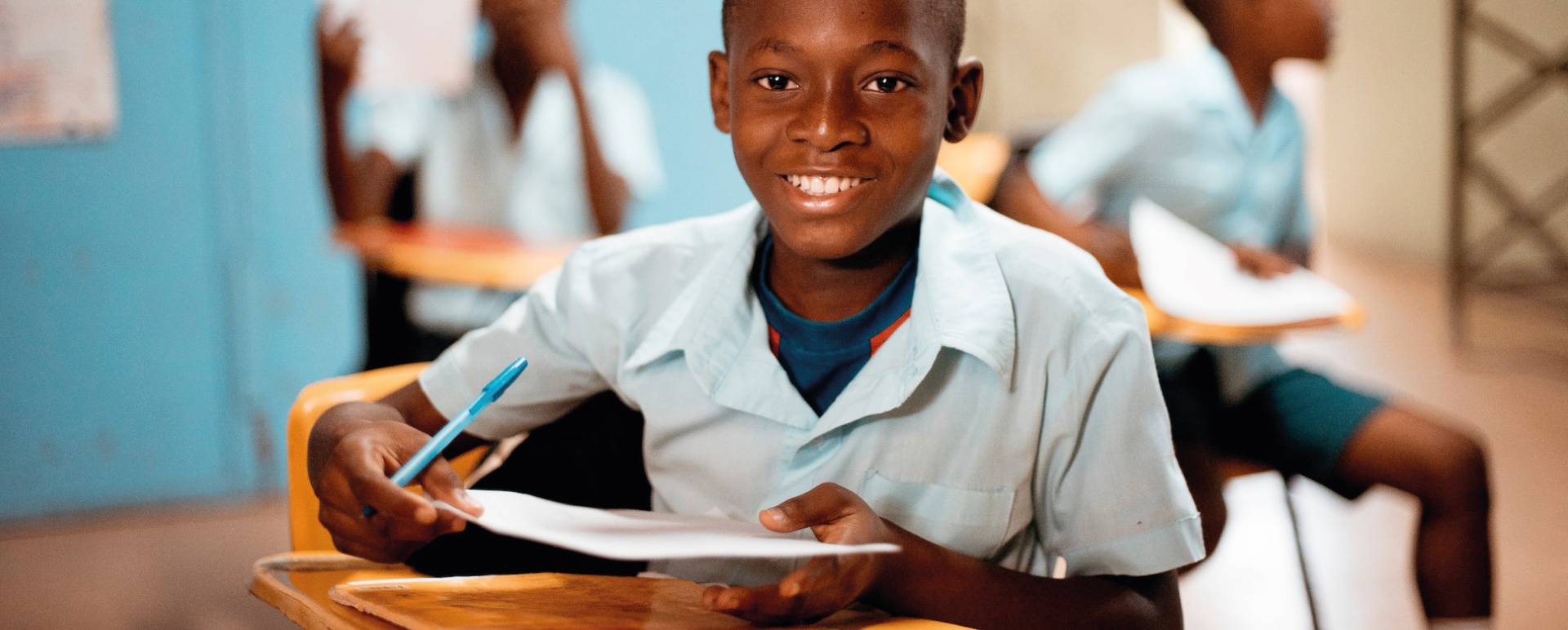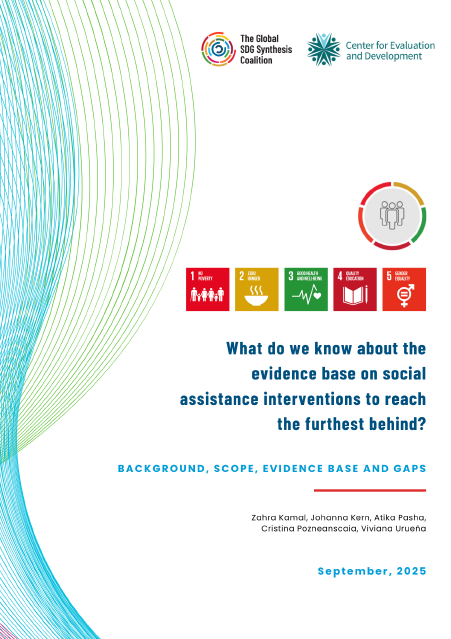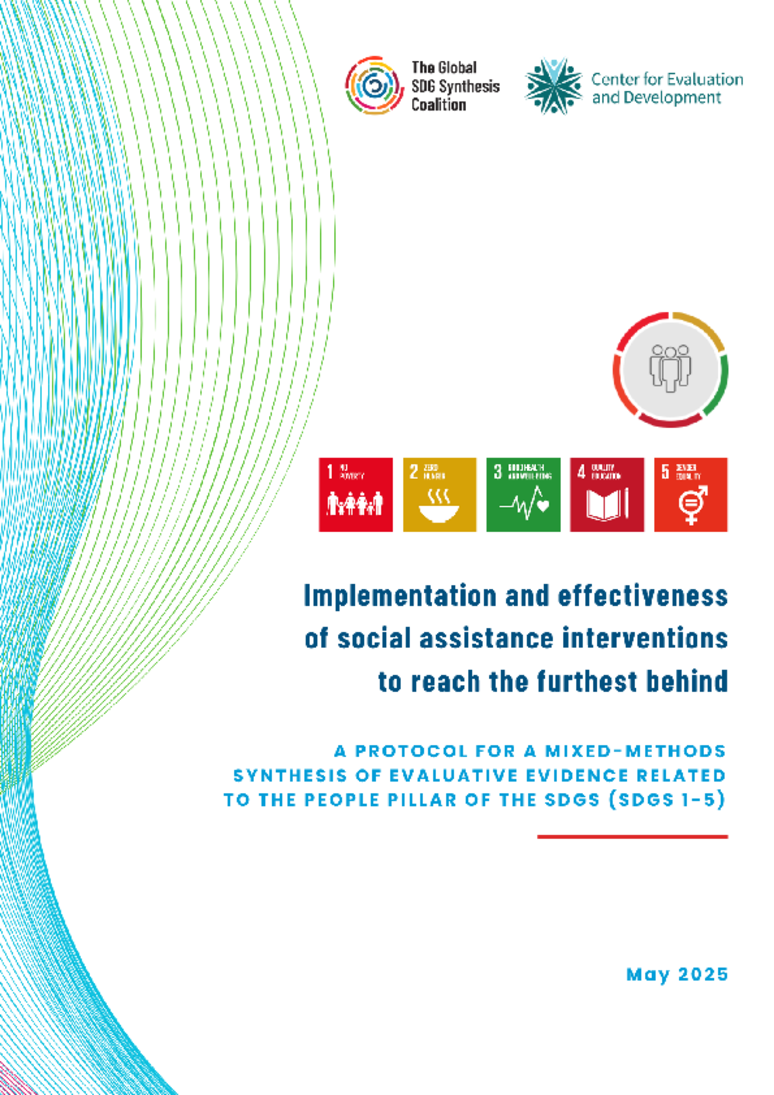Overview
The People Pillar consists of the first five SDGs, focusing on ending poverty and hunger, promoting good health and wellbeing, as well as quality education and gender equality. Many SDGs in this pillar have seen recent setbacks: efforts to address poverty and hunger have experienced a setback with the onset of several armed conflicts, notably the Russian invasion of Ukraine, and progress with health and education, as well as efforts to improve the provision of basic services, have been negatively impacted by the COVID-19 pandemic and a global failure to adequately address climate change. There are also success stories and many overlaps between the SDGs in this pillar and other SDGs. For example, the fight against COVID-19 and subsequent progress in the area of SDG 3 – ensuring healthy lives and promoting well-being for all at all ages – has led the way towards progress on SDG 11 – sustainable cities and communities – as the need to urgently treat those suffering from COVID-19 infection has led to the creation of medical centers and new hospitals in some previously underdeveloped areas.





